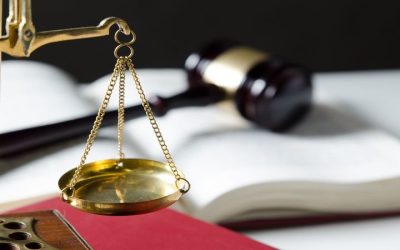Business Know-how cites lack of funds as one of the leading causes of startup failure. Indeed, increasing money problems can lead to a ton of problems and eventually force the company to close its doors. However, with the right legal help, entrepreneurs can file for a Chapter 13 bankruptcy in Pennsylvania instead of throwing in the towel.
What is chapter 13 bankruptcy?
Chapter 13 of the bankruptcy code involves a repayment plan designed to help you fulfill your debts. However, not all businesses are eligible for one. The Law Offices of David M. Offen explains that chapter 13 is much more suited to debtors that have the resources income after all the expenses have been deducted to pay for their debts in the next few years. If you owe a personal debt that’s more than $1,149,525, though, you won’t qualify for this option. Check out chapter 11 of the bankruptcy code instead.
Already filed for one in the past?
If you already filed for a Chapter 13 bankruptcy in Pennsylvania in the last 2 to 6 years, you might not be liable to file for another one. However, there are ways to resolve these issues. Consulting with a bankruptcy lawyer can provide you with excellent workaround solutions so you’ll know of other options you can explore.
Worried about your personal assets?
Filing for chapter 13 means you can keep your home or car from being repossessed or foreclosed. That means all those payments or insurance that went towards paying for your mortgage or loan won’t have to go down the drain. By choosing the right type of bankruptcy to file for, you can look for ways to protect your assets even while you do your best to fulfill the terms of the repayment plan.
What else do you need to know?
Filing for bankruptcy is a stressful, complicated process. Find a reliable company and call now for a free consultation. Find the legal help you need to move forward.
Connect with The Law Offices of David M. Offen on Google+ for more information!








